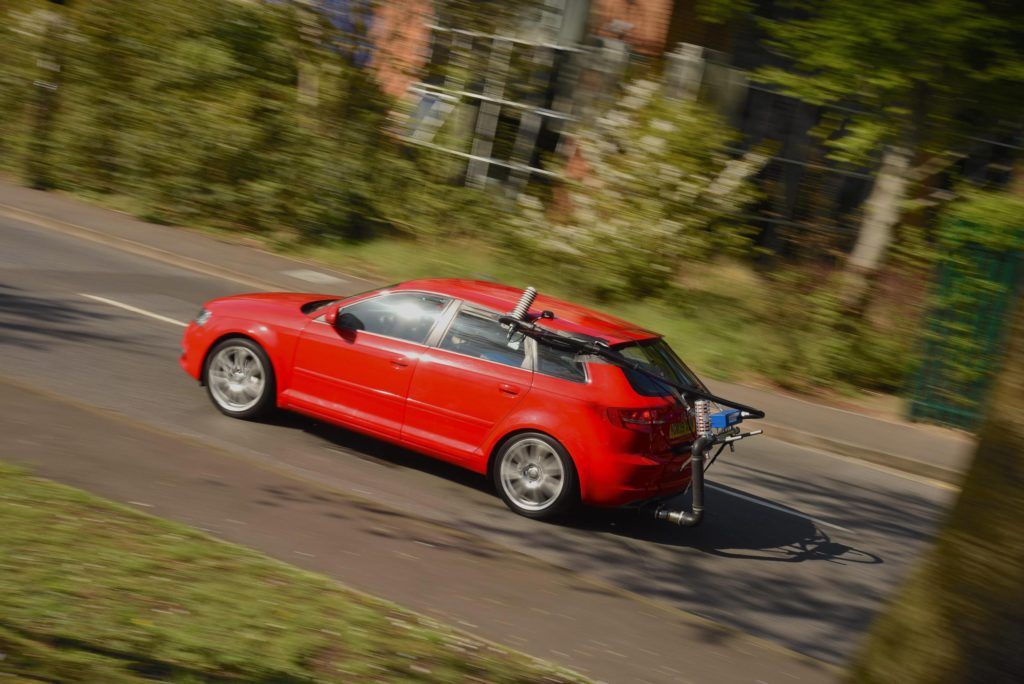Porsche is the latest manufacturer to face production delays over WLTP
04 June 2018

4 June 2018
Porsche has become the latest manufacturer to suspend model production due to the new Worldwide Harmonised Light-Vehicle Test Procedure (WLTP).
The company has said that it will temporarily limit the number of models it sells in Europe, as it readies its fleet for the new test procedures, which include a real-world driving emissions (RDE) component. Waiting times for the Cayenne SUV and Panamera could be until at least March 2019. The 911 model won’t be available until autumn.
A quote from the company’s website configurator, reported in the Frankfurter Allgemeine Zeitung (FAZ) publication, said: ′Due to a pending model revision, the model you have selected is currently not available as a freely configurable new car. Nevertheless, we would like to give you the opportunity to continue to look at the model in the Car Configurator. If you are interested in configurable new cars, available existing vehicles and young used vehicles, please contact your Porsche Centre.’
Porsche officially announced that the introduction of the new exhaust emission legislation necessitated a conversion of the model range to include a petrol particulate filter (PPF) and a new type approval submission by 1 September 2018 at the latest.
WLTP was introduced for new vehicle models in September last year and will be applied to every vehicle base from September 2018. This takes into account the optional extras included across every vehicle specification and features tests in real driving conditions alongside laboratory results.
In May, Peugeot announced that production of the 308 GTI would be suspended for around four months, to allow for petrol particulate filters to be engineered into vehicles, while BMW has also halted the manufacture of vehicles to ensure they comply with the RDE portion of the test.
The management of Volkswagen (VW) is also considering a reduction of holidays at its plants. ′The changeover to the new WLTP test procedure will mean that Volkswagen Passenger Cars will be able to make adjustments in production in the second half of the year,’ a brand spokesperson told Automobilwoche.
Both Volkswagen (VW) and BMW are looking to reduce their model versions as the manufacturers seek to move finances around in the wake of WLTP and the need for the development of new technologies.
Manufacturers that need to fit petrol particulate filters to reduce particulate matter emissions for the RDE need time to source supply and re-engineer their vehicles to fit the extra exhaust section, while also installing new software into the ECU to get it working. Much like a diesel particulate filter (DPF), the PPF catches fine particles from the exhaust system and burns them off harmlessly through a process called ′regeneration’.
Unlike diesel engines, which regenerate at temperature, regeneration in a PPF takes place under deceleration. Oxygen is pumped through the engine and filter passively, without heat.